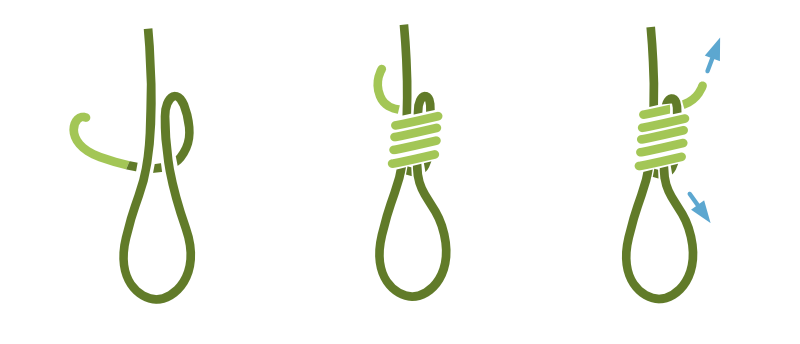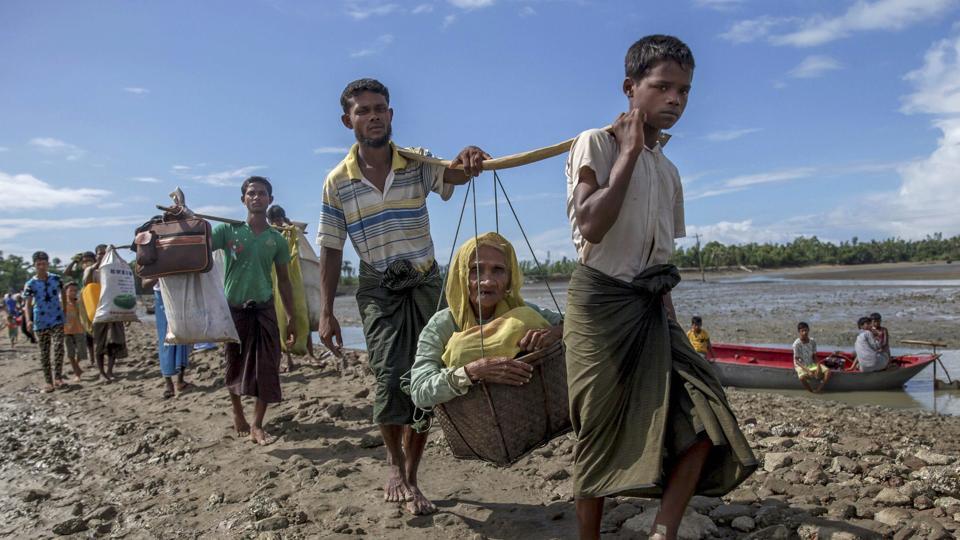By Rajashree Ghosh
INDIA New England Columnist
The end of the year presents opportunities for reflection and urges one to look to what the New Year can bring forth. It is also the time to take stock of our blessings and the acquisitions we have made through sheer hard work and share in the process of giving to those less fortunate. Should I feel guilty? Why, though?

Giving, shorn of all politics, I think is a most innate trait of humans. As a universal virtue, it speaks to one’s conviction that one’s contributions will aid in transforming lives. The practice of giving is universally recognized as one of the most basic human virtues, and transcends all differences. In Buddhism for instance, the practice of giving is the foundation and crucial to spiritual development. Complex as it is, Hinduism envisages charity through “dana” which denotes alms giving, gifting and unremitted kindness towards all.
From my understanding, in Judaism, giving to the poor is not viewed as a generous, magnanimous act; it is simply an act of justice and righteousness, the performance of a duty, giving the poor their due (“tzedakah”). As a pillar of Islam giving (“Zakat”) is an integral part of practicing the faith where by collection and distribution of individual giving is institutionalized. Giving to the poor is regarded as one of the highest duties for any Christian. In all Christian forms of worship, a collection is made of “tithes and offerings” given for the support of the church and for the relief of the poor, as a central act. Helping those in need is a common thread that runs through all belief systems.
“Doing charity” or “giving alms” is intrinsically connected with resolving problems that others face while receiving community approval and achieving endorsement of one’s own potential. Having worked in humanitarian issues, I have witnessed first hand and in wonderment how aid (money, in-kind gifts such as food grains, supplies) from varied donors have contributed to alleviating conditions of vulnerable populations in conflict ridden areas, among the displaced, malnourished, those affected by natural calamities and other exigencies. The Ebola outbreak, alarming Syrian refugee crisis, war torn areas in Iraq and middle East and Central Africa, the devastating earthquake in Nepal and severe drought in Central America are only a few of the humanitarian crisis situations this past year. Responding to the increased humanitarian needs presents challenges that were met only because donations were (and are being) received.
Donors, large and small come from different backgrounds and focus areas. These contributions in an ideal situation are utilized to develop program priorities that assist in preventing human casualties, ensure access to basic needs, support relief measures and develop rehabilitation schemes. There has also been much said about how aid has failed to be effective. However there are many complexities that develop with different actors ranging from receiving governments to issuing donors and their plans, values and strategies. In the end it is civil society that is impacted by unclear roles and a dependence on funds to make a difference at the ground level.
It is a fine idea to make charitable donations locally and at “home.” Some of us are looking to the world and finding that global devastations are tugging at our heartstrings and others want to support a neighbor next door or a local food pantry. There is every benefit to supporting and helping one another and what we find meaningful provided it is not “forced.”
Within the United States somehow this becomes the season for charitable contributions. Like you, I have received messages from all quarters about how far “your” contribution is going to go. Organizations flood mail- boxes, phone messages, emails with the bonus message – “it is an excellent way to reduce your tax burden for the year, all while doing something for the greater good!” Even though most belief systems propagate a charitable way of life year round, this time becomes one of reckoning and somehow voluntary contributions are ranked and end up not being voluntary at all.
The language of “asking to donate” blares louder than acknowledging what has been received and conversations on shared sense of understanding and appreciation for caring falls faint. Knowing that every donation, whatever the nature – cash or kind goes a long way in transforming lives, building communities, removing deprivations – needs to be a continuous organic activity. Reducing tax burden need not be the only draw. The idea of giving comes from a place of kindness and togetherness and it is that which needs celebration more than the gift itself. Anything else pales in comparison.
(Rajashree Ghosh is a Resident Scholar at Women’s Studies Research Center at Brandeis University.)












